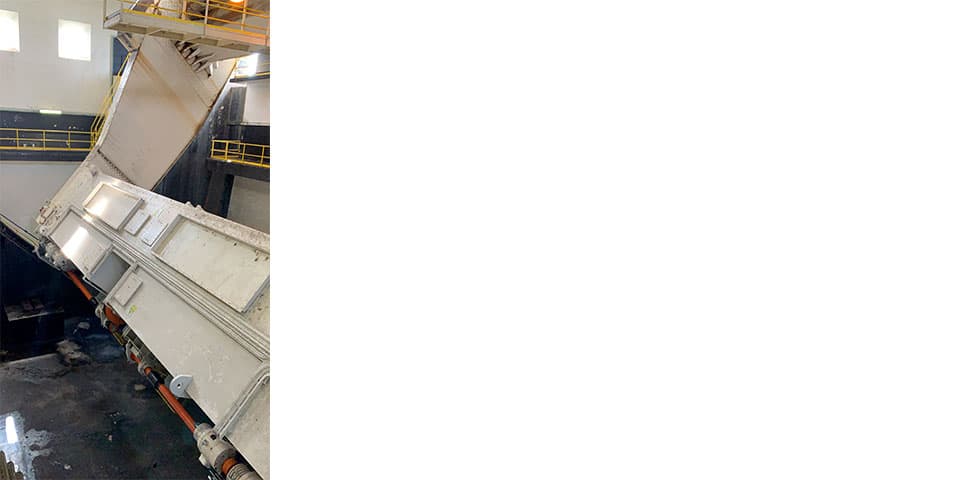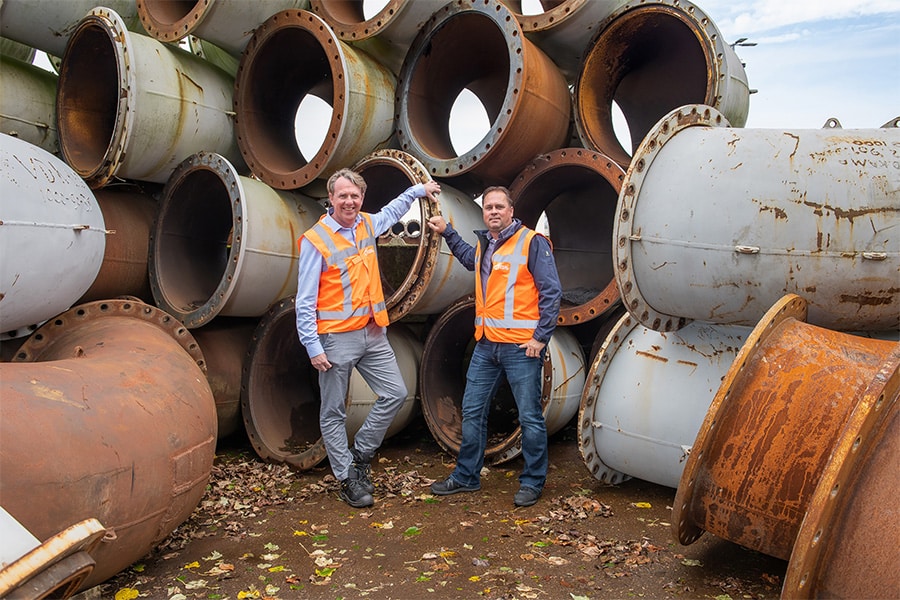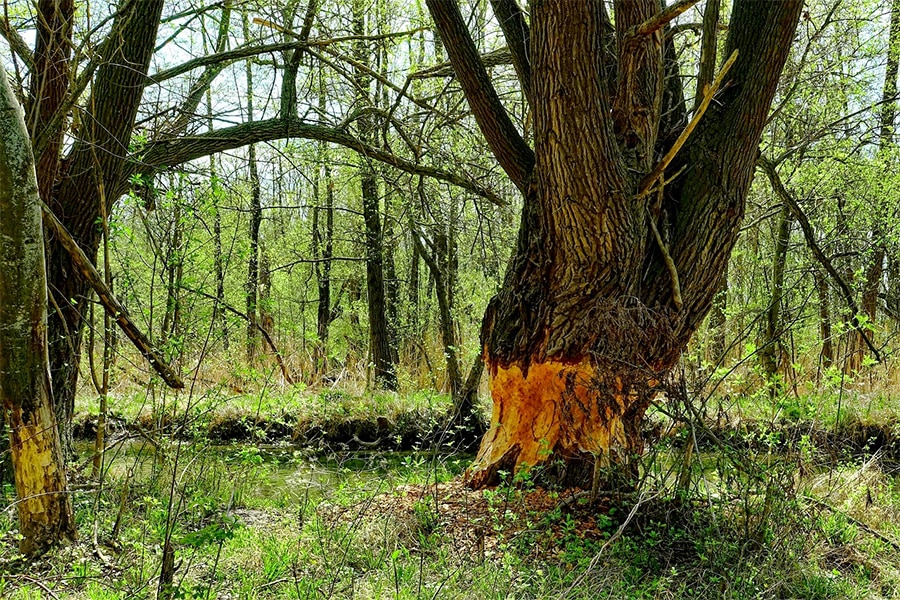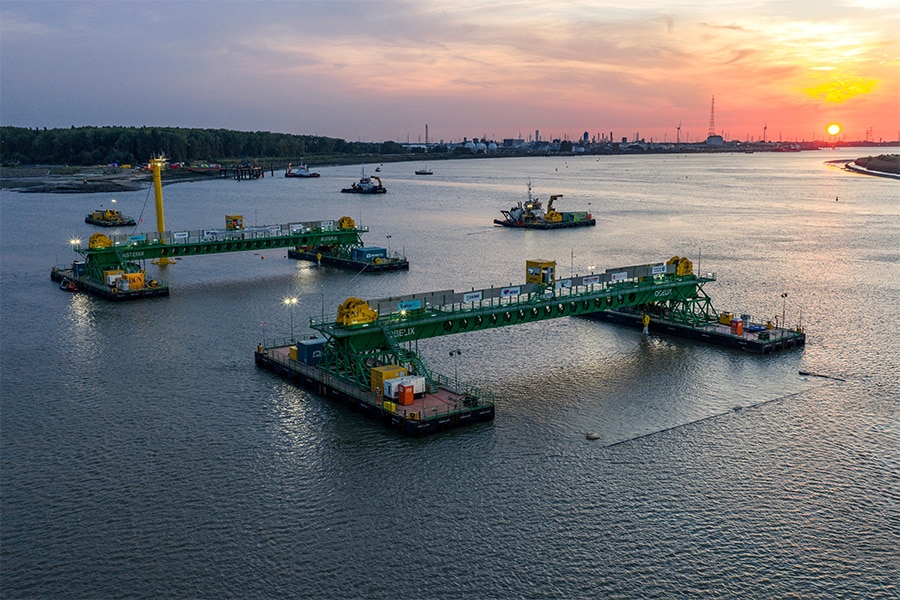
Knowledge injection in the field of civil inspection
No country in the world has as many bridges, locks, dams and pumping stations per square kilometer as the Netherlands. These structures, which citizens use to get from A to B, must be safe. A-Quin, specialist in inspections and advice on infrastructure issues, independently and very expertly assesses the condition and possible safety risks of engineering structures.
Content and expertise within the civil department
Mans Damen, director of A-Quin: "As a nationally operating agency, we monitor the operational reliability and sustainability of electrical installations through norm-related safety inspections and condition measurements. We offer clients such as RWS, ProRail, municipalities and water boards clear insight into management and maintenance. Until now, our core business has been electrical and mechanical engineering, but the market is asking for the big picture. Reason for us to invest in civil engineering to be able to take on the more complex issues there as well."
Bridges in South Holland under the microscope
On the initiative of RWS, there is the IAK (Instandhouding Advies Kunstwerken), in which an inspection is carried out every 5 to 6 years and an advice is issued on the maintenance of the artworks. A-Quin was approached by RWS to conduct a series of surveys of various bridges in South Holland, such as the Merwede Bridge, the Van Brienenoord Bridge and the Haringvliet Bridge. Olivier Dolk, project manager and consultant at A-Quin, is leading the projects: "Many bridges were built in the 60-70-80s and certain elements are nearing the end of their lifespan, including mechanical ones. It's up to us to make a focused examination of what needs to be replaced, what might be overhauled or where there are risks. This must be done very carefully to ensure safety and to meet the requirements set. Visual inspections are carried out in the gearboxes using endoscopes. For example, we assess the quality of the bearings and check for corrosion, stoppage damage or other failure modes. The main bearings of bridge traps are also inspected."

Innovative inspection tools
A-Quin follows new developments closely. Damen explains, "We regularly conduct pilots with innovative inspection tools, such as underwater drones and aerial drones. As techniques continue to improve, especially the hard-to-reach locations such as arched bridges or the underside of roadway decks can be inspected efficiently."
More than just a good inspection
"An inspection should really add value. It is important to know what the customer demand is and what inspection to apply to get an efficient and careful answer to the issues at hand. A-Quin makes the link, both practical and theoretical, to the application of the components in relation to conservation and cost-effective maintenance work." Damen concludes, "That's really where our strength lies!"




